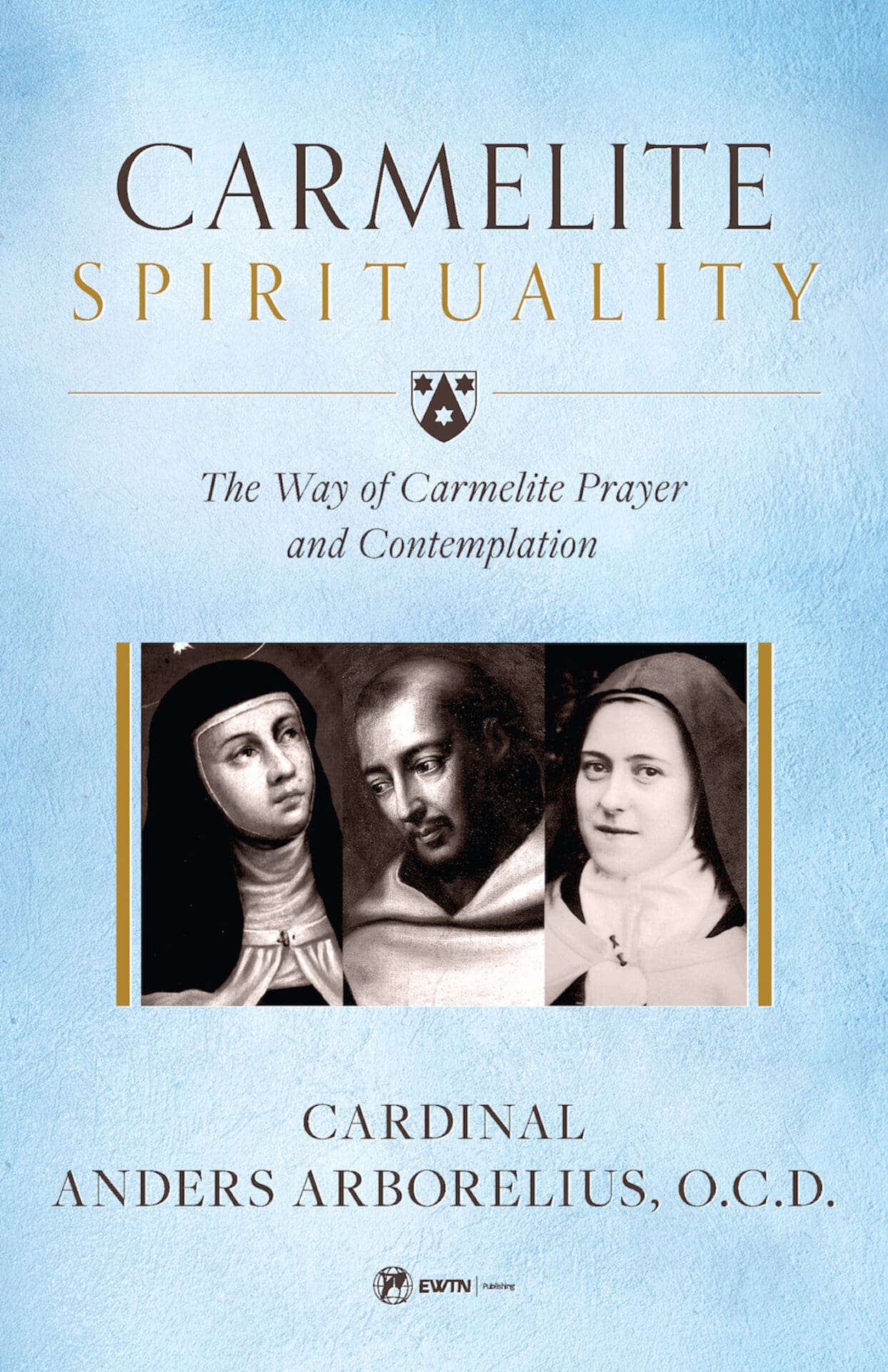The following is a prayer from St. Patrick’s breastplate:
Christ before me, Christ behind me, Christ about me,
Christ be this day within and without me, Christ the
lowly and meek, Christ the all-powerful, be in the heart
of each one to whom I speak — in the mouth of each who
speaks to me, in all who draw near me, or see or hear me.
St. Patrick shows us that Christ is everywhere. We are never without Him. Our lives as Christians are lives “through Him, with Him, in Him.” Nothing whatsoever in our lives is insignificant. Everything is connected with the person of Jesus Christ, God-with-us. It is His heartfelt desire to encounter us in everything that happens. He wants us to belong to Him in such an intimate way that every event will bring us closer to Him.
Every event, no matter how insignificant, in the life of manis contained in the essential event of history, which is the coming of God in Jesus Christ. Every event, every word, every sigh, therefore, has an incalculable value and dignity. Our personal history is a history of salvation. Jesus wants to save us, all of us, in the midst of all the ordinary events. Every event in life is somehow a participation in the mystery of Christ, which is taking place here and now. Through our baptismal union with Christ, His mystery becomes ours. Here and now, we live His Passion and Resurrection. His Paschal Mystery is also ours. We do not live on our own, never. We live, we breathe, we work, we laugh, we cry in Christ. St. Paul loves to repeat this little phrase, “in Christ,” over and over again. We need to hear it and ponder it, especially in those moments when we try to navigate life through our own power. It is often tempting in life to think that we are on our own, making our own decisions, but we must accept our total dependence on Jesus and find joy in this fact. Otherwise, things go wrong.
Caryll Houselander tells about one of these tragedies, so common among pious people: “I knew the primmest old invalid lady who could well have offered her helplessness to God, but she had a grievance with Him because he had not permitted her to be eaten by a cannibal for the Faith. She could not accept herself as a sick woman, but she would have achieved heroic virtues as a cutlet.” With a bitter sense of humor, Houselander tells us something important. The drab reality of our petty little lives can be very hard to accept. Still, this is the only way to be saved. Christ cannot save us if we do not live where we are placed. If we only live in our daydreams and fantasies, however pious, He will never be able to encounter us. We have to accept reality, our own personal reality. That’s the first step, and a most important one, that we have to repeat from time to time. When we have truly accepted that we must live our own lives, then Christ can enter our lives and save them. He wished to glorify His Father’s mercy by saving us.
Now, this process didn’t end with the Resurrection. Risen from the dead, He continues His life in each of us. We might look upon the whole stretch of our existence as if it were a body — a body without animation, for, without Christ, it has no soul — a body into which Christ is gradually being born through the operations of grace and the co-operation of our own will, and we gradually submit more and more of ourselves to Him. It’s really wonderful when we begin to discover all the instances of Jesus acting in our lives. Life will change completely when we live together with Him — never on our own but always “through Him, with Him, in Him.” We can see Jesus Christ acting in our lives, and we can also hear Him speaking to us in so many ways. “The Father spoke one Word, which was His Son, and this Word He always speaks in eternal silence, and in silence must It be heard by the soul.” We all must remember these word of St. John of the Cross. An attitude of adoring silence helps us to receive Jesus in our lives. This silence is not so much the absence of sounds, but a profound interior longing to listen to the Word Who has so much to say to us. The Eternal Word has been incarnated in Jesus Christ, and this Word Incarnate wants to be accepted into all dimensions of our existence. We belong to Him, and everything in Him belongs to us. As St. Paul says, “Therefore, if anyone is in Christ, he is a new creation; the old has passed away, behold the new has come” (2 Cor. 5:17). We truly are new creations in Christ, and He will teach us everything we need to know in order to live in this newness of life. Thérèse of Lisieux says, “Thérèse has simply disappeared, like a drop lost in the ocean: Jesus only was left, my Master, my King.”
+
This article is adapted from a chapter in Carmelite Spirituality, by Cardinal Anders Arborelius, O.C.D., which is available from Sophia Institute Press.
Art for this post on Spirituality: Cover and featured image used with permission.





